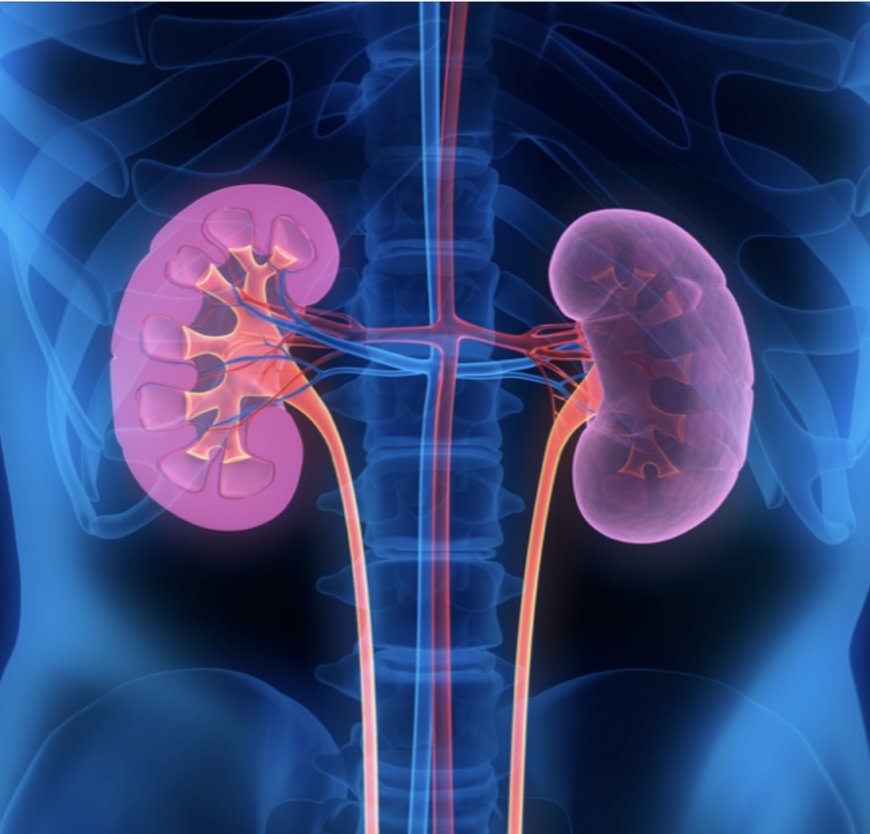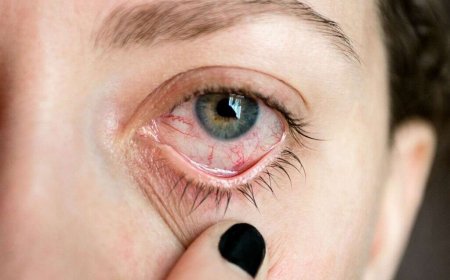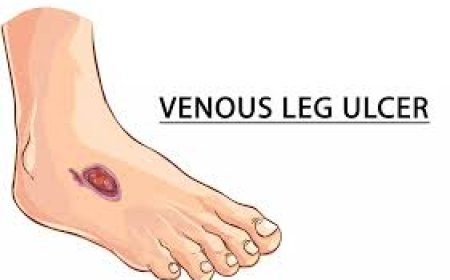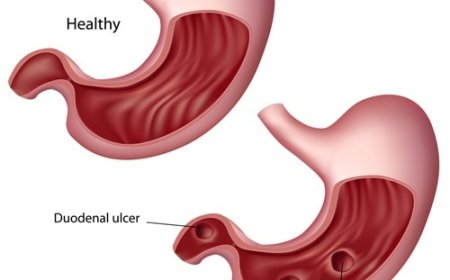Kidney disease

Introduction:
Imagine your body as a house with many rooms, and the kidneys are two important caretakers responsible for keeping the house clean and tidy. Kidney disease is like a thief that sneaks into the house and starts creating a mess. In India, just like in any other country, kidney disease is a significant health concern affecting millions of people. Today, we will explore what kidney disease is, its signs and symptoms, different types, how it is diagnosed, treated, and how we can prevent it.
What Is Kidney Disease?
Kidneys are amazing organs located in your back, on each side of your spine. Their primary job is to filter the blood, remove waste products, and make sure the body has enough water and essential minerals. When the kidneys get sick, they may not work properly, and this condition is called kidney disease.
Signs and Symptoms:
Kidney disease can be sneaky and silent in its early stages, but as it progresses, it starts showing some signs and symptoms. Some of these include:
- Frequent urination or difficulty urinating
- Swollen ankles and feet
- Feeling tired or weak all the time
- Blood in the urine
- High blood pressure
- Pain in the back or sides
If you or anyone you know experiences these symptoms, it is essential to consult a doctor for proper evaluation.
How Is Kidney Disease Classified?
Kidney disease can be classified into different stages based on how well the kidneys are working. Doctors use a special test called the GFR (Glomerular Filtration Rate) to measure kidney function. The stages are:
- Stage 1: Kidney damage with normal or high GFR.
- Stage 2: Mild decrease in GFR.
- Stage 3: Moderate decrease in GFR.
- Stage 4: Severe decrease in GFR.
- Stage 5: Kidney failure (end-stage renal disease).
Causes and Triggers:
Kidney disease can be caused by various factors, such as:
- Diabetes: High blood sugar damages the kidneys over time.
- High Blood Pressure: Uncontrolled hypertension can harm the kidneys.
- Infections: Some infections can directly affect the kidneys.
- Genetic Factors: Some people may have a family history of kidney disease.
- Certain Medications: Some medicines can harm the kidneys if not used properly.
Risk Factors with Examples:
Certain factors can increase the risk of developing kidney disease. For example:
- Unhealthy Eating: Eating too much junk food and sugary drinks can harm the kidneys.
- Lack of Exercise: Not being active can increase the risk of kidney problems.
- Smoking: Smoking is harmful to both the kidneys and the whole body.
- Family History: If someone in the family has kidney disease, others might be at higher risk too.
Types of Kidney Disease:
There are different types of kidney disease, each affecting the kidneys in various ways:
- Chronic Kidney Disease (CKD): It is a long-term condition where the kidneys gradually lose their function over time.
- Acute Kidney Injury (AKI): It is a sudden loss of kidney function, usually caused by an injury or severe infection.
- Polycystic Kidney Disease (PKD): This is a genetic condition where fluid-filled sacs (cysts) form in the kidneys, affecting their function.
Diagnostic Tests and Treatments:
To diagnose kidney disease, doctors use various tests, including:
- Urine Test: This checks for protein and blood in the urine, which can indicate kidney problems.
- Blood Test: Measures creatinine levels to estimate kidney function.
- Ultrasound: Uses sound waves to create images of the kidneys, helping doctors see their size and shape.
Treatments for kidney disease depend on its stage and cause:
- Medications: Doctors may prescribe medicines to control blood pressure or treat the underlying cause.
- Dialysis: In advanced stages, when kidneys fail, a machine filters the blood artificially.
- Kidney Transplant: A healthy kidney from a donor replaces the diseased kidney.
Complications of Kidney Disease and Prevention Techniques:
If kidney disease is not managed properly, it can lead to complications like anemia, bone problems, or heart diseases. To prevent kidney disease:
- Drink Water: Stay hydrated by drinking plenty of water each day.
- Healthy Diet: Eat fruits, vegetables, and whole grains, and limit junk food and sugary drinks.
- Stay Active: Exercise regularly to keep your body and kidneys healthy.
understanding kidney disease is crucial for a healthy life. By taking care of our kidneys and making healthy choices, we can protect these vital caretakers and ensure a happy and healthy life. Always remember to consult a doctor if you have any concerns about your health. Stay healthy, stay happy!
What's Your Reaction?
 Like
0
Like
0
 Dislike
0
Dislike
0
 Love
0
Love
0
 Funny
0
Funny
0
 Angry
0
Angry
0
 Sad
0
Sad
0
 Wow
0
Wow
0







































































